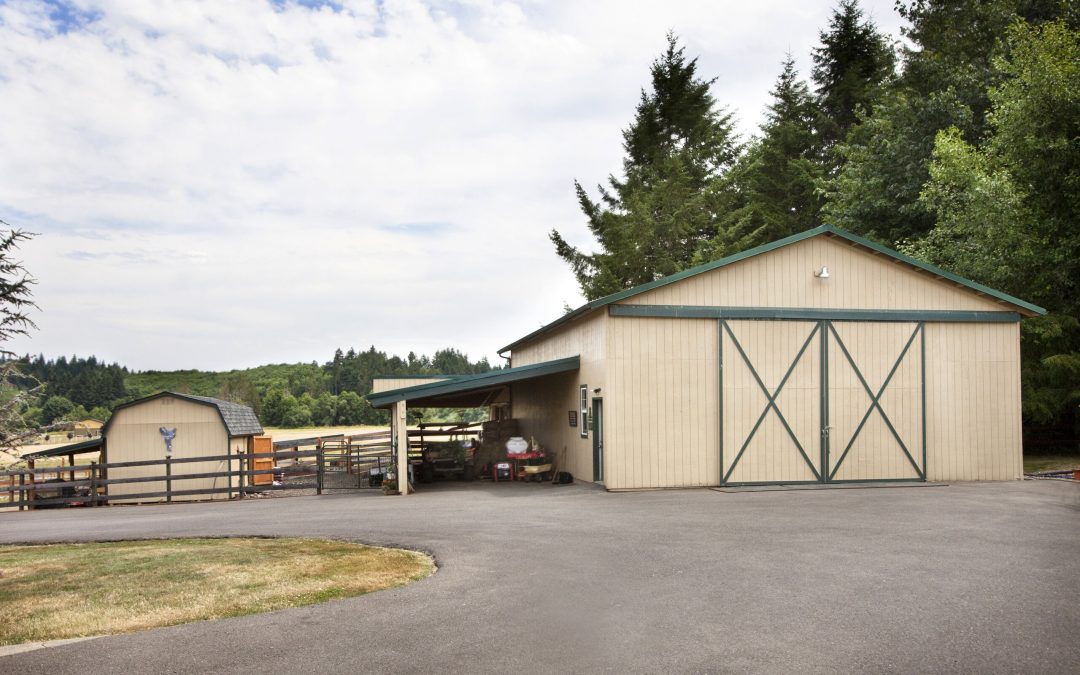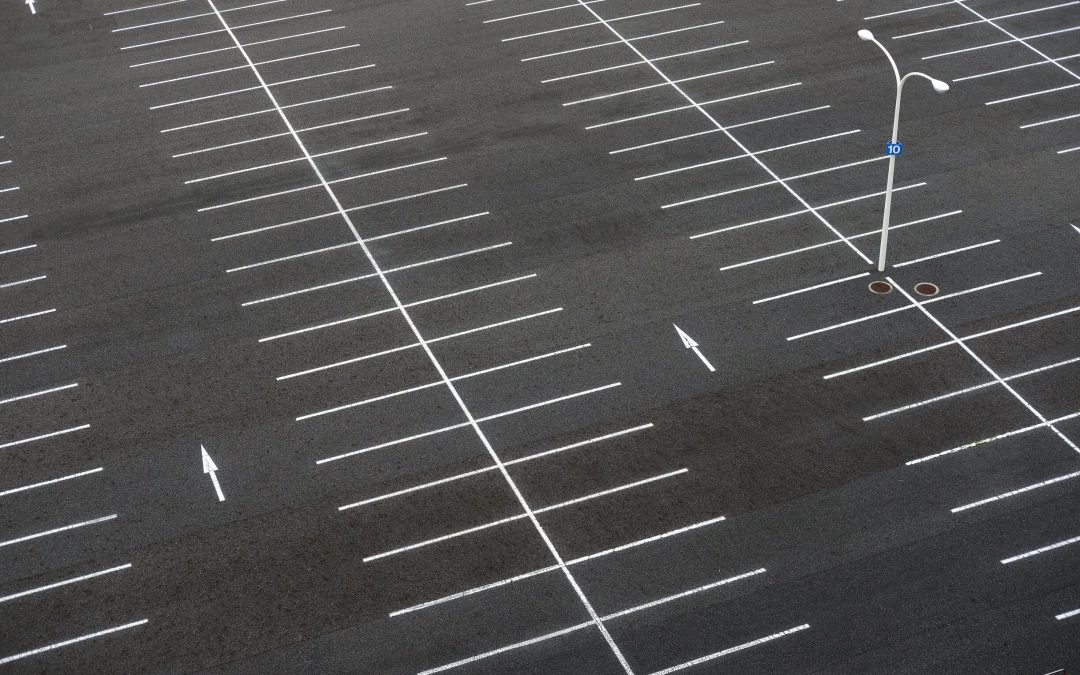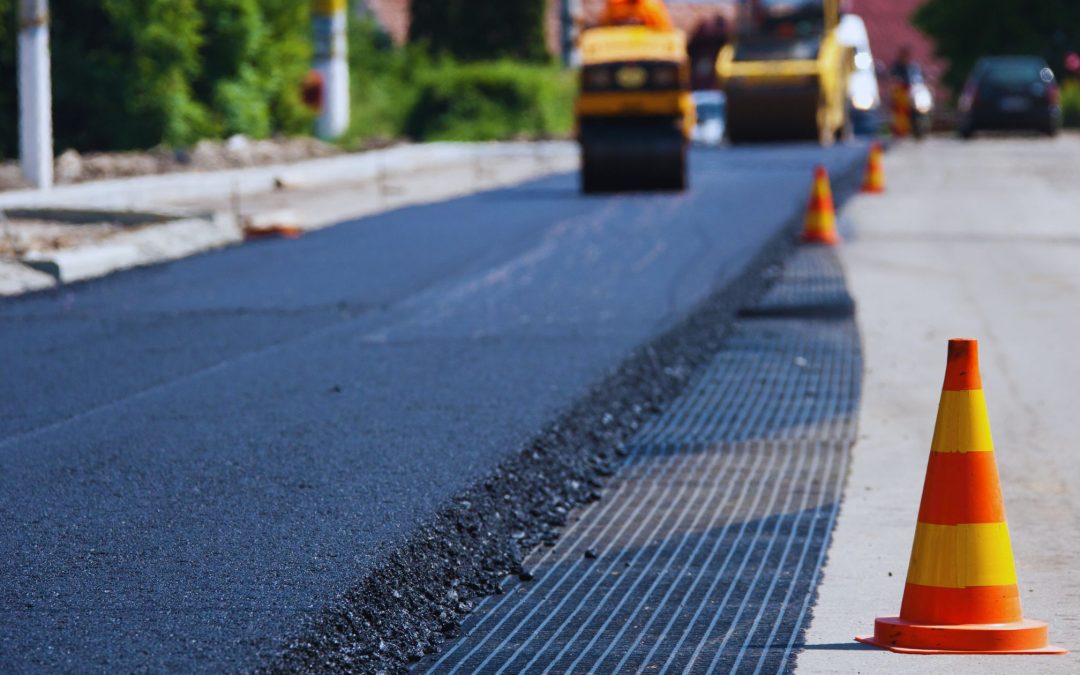Asphalt pavement is a popular choice for driveways, roads, and parking lots due to its durability, affordability, and ease of maintenance. However, there are several misconceptions about it that have led to its undeserved reputation as a low-quality paving material.
In this article, we will debunk five common misconceptions about asphalt pavement and the reasons why it is actually a great choice amongst the rest.
Misconception #1: Asphalt Pavement Is Not Environmentally Friendly.
One of the most common misconceptions about asphalt pavement is that it is not environmentally friendly. However, this is far from the truth. It is 100% recyclable, and it is the most recycled material in the United States. When it is removed from a road or parking lot, it can be crushed and reused as a base material for new pavement.
Additionally, new asphalt pavement can be made from recycled materials, such as old roofing shingles and tires. It is also a porous material, which allows rainwater to seep into the ground and replenish the water table.
Misconception #2: Asphalt Pavement Is Not Durable.
Another common misconception about asphalt pavement is that it is not durable and will deteriorate quickly. However, when properly installed and maintained, it can last for up to 20 years or more. One of the key factors in its durability is the quality of the installation. A reputable paving contractor will ensure that the subgrade is properly prepared and that the asphalt is applied at the correct thickness. Regular maintenance, such as crack sealing and seal coating, can also extend the life of asphalt pavement.
Misconception #3: Asphalt Pavement Is Not Safe.
Some people believe that asphalt pavement is not safe, particularly for pedestrians and bicyclists. However, it is actually a safe and smooth surface for all types of traffic. It provides excellent traction, even in wet conditions, which reduces the risk of accidents. Additionally, it can be designed with markings and colors to improve visibility and guide traffic. It is also a quiet surface, which reduces noise pollution in residential areas.
Misconception #4: Asphalt Pavement Is Not Aesthetically Pleasing.
Another misconception about asphalt pavement is that it is not aesthetically pleasing. However, it can be customized to fit any aesthetic preference. It can be colored with pigments to create a range of hues, from natural earth tones to bright colors. Additionally, it can be stamped or textured to create patterns and designs. Asphalt pavement can also be combined with other materials, such as concrete or pavers, to create a unique look.
Misconception #5: Asphalt Pavement Is Not Cost-Effective.
Finally, some people believe that asphalt pavement is not cost-effective. However, it is actually one of the most cost-effective paving materials available. It is less expensive to install than concrete pavement, and it requires less maintenance over its lifespan. Additionally, it can be installed quickly, which reduces labor costs. When all of these factors are considered, asphalt pavement is a smart choice for any paving project.
Conclusion
Asphalt pavement is a durable, safe, environmentally friendly, aesthetically pleasing, and cost-effective paving material. By debunking these common misconceptions about it, we hope to encourage more people to consider it for their paving needs. If you are in need of a new road, driveway, or parking lot, contact a reputable paving contractor to discuss the benefits of asphalt pavement.
If you are looking for one of the most experienced paving companies in Sacramento, look no further than our services here at Todd Heldt Excavating, Inc. Our wide range of services includes asphalt driveways, paving, grading, and road construction. Call us today, and let us tend to your cracked asphalt in no time!












